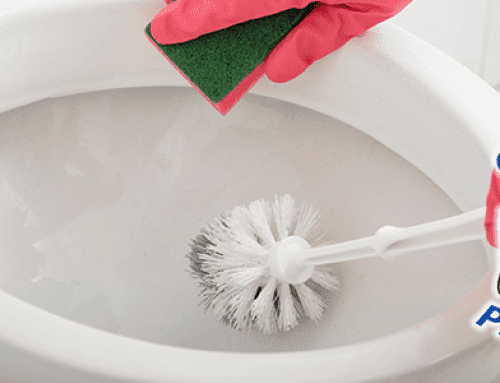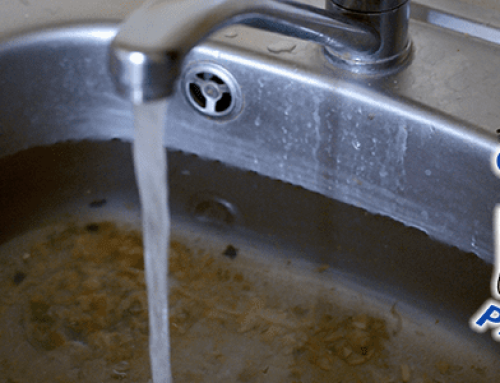If you’ve ever experienced build up on your shower head, you’ve had hard water damage. After all, so long as the water is flowing there’s not really a problem, right? Unfortunately, hard water can cause structural damage to elements of your plumbing over time. Today, we will be looking at types of hard water damage and what you can do to prevent it.
hard water is a naturally occurring issue for many homes. Hard water is defined by the elements and minerals that are suspended in the water itself. For instance, a common problem are elevated levels of calcium and magnesium. When you have higher levels of these minerals dissolved in your water, the potential for reactions along your plumbing increases. Most homes show some kind of hard water damage unless they have a filtering system for the water that comes in their home. Below, we will look at three types of hard water damage.
Plumbing issues can happen at any time to anyone. Leaks, clogs, broken pipes, replacements, and remodels are all perfect jobs for your favorite local plumber. At Conyers plumbing, we provide expert plumbing services with superior customer care. Contact us today!
-
Soap Scum
Hard water damage typically comes in a form of stains or build up. However, these common issues can be a precursor two more extreme damage. Clogged pipes cannot happen by the presence of hard water alone. But, combine hard water with soap and you have a recipe for pipe clogs.
Minerals and components that make up hard water can chemically react with soap to create soap scum. Over time, soap scum builds up on the inside of your pipes causing major hard water damage. Piping with this buildup can experience leaks and joint fissures. You may notice pipe clogs through changes in your water pressure. If the streams of water coming from your faucet become strained, the likelihood of a leak is increased.
-
Appliance Issues
Water using appliances are susceptible to hard water damage. Appliances such as washing machines, refrigerators, dishwashers, and toilets are prime candidates for hard water damage. issues for washing machines and dishwashers typically come from an increased amount of soap usage.
Unfortunately, hard water causes people overuse soap for these machines. The contents of soap combine with hard water minerals to eventually build up inside the machines causing staining and odor. For example, an unpleasant odor in your washing machine around the seal is a byproduct of hard water damage. Consequently, home owners may blame the machines which turns into a trip to the store for expensive new replacements.
Filtering appliances, such as water dispensing refrigerators, experience hard water damage another way. Nearly all of these appliances filter their water. In practice, filters can also improve that taste of water. Although, the filter may clog or become full if your hard water is filled with excess contaminants. This can cause hard water buildup, scale or staining. Forgetting to replace the filter leads to nasty tasting water and potential damage to the water dispensing system.
-
Damage To Your Hair
Hard water damaged hair is real. Ladies, you most likely have already realized this if you have well water. The minerals in hard water cause build up on the scale and hair follicles leaving dry, brittle hair. These mineral deposits settle in the hair making standard shampoos and conditioners unable to penetrate intended areas. Now, we’re not hair experts, but the truth is that hard water can damage nearly anything it touches. Your hair is not an exception.
Don’t let your plumbing issues become major problems. Hard water problems can be solved by installing hard water softeners or filters. Conyers Plumbing has a full range of services to bring expert care to your home or business. Give us a call today.




